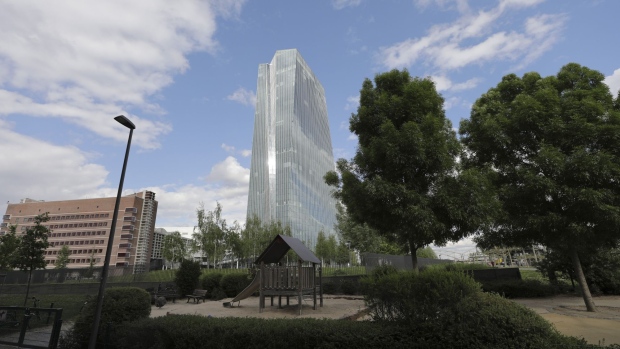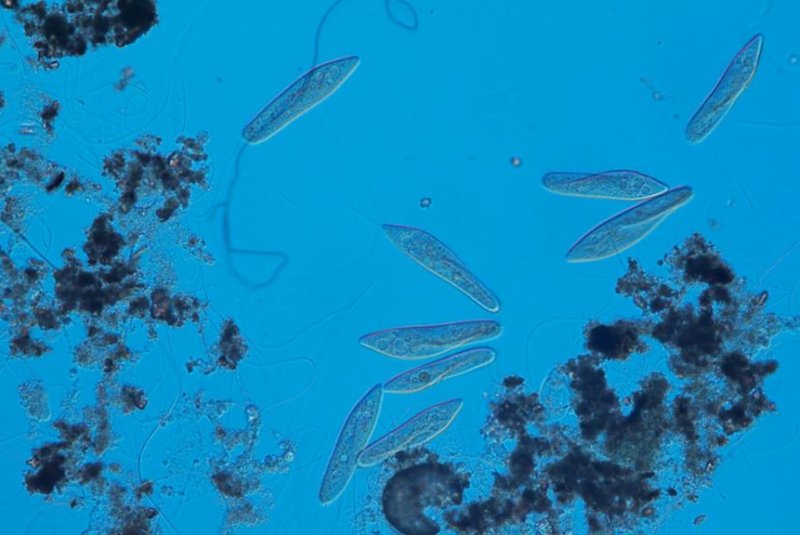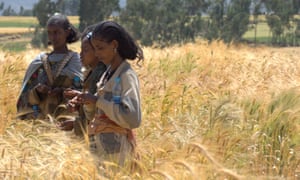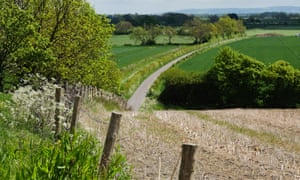“Wild Animal Populations Have Declined 69% in 50 Years, Says WWF”

Stark Drop in Wildlife Numbers Is an Emergency for Nature – Bloomberg
The world’s populations of wild mammals, birds, amphibians, reptiles and fish have declined by more than two-thirds on average since 1970, according to a grim new report on biodiversity loss.
“ECB Installs Insect Hotels and Bat Houses in Biodiversity Drive”

European Central Bank President Christine Lagarde is taking a literal approach to making the institution more environmentally friendly — by installing beehives, insect hotels, and bird and bat houses at its Frankfurt headquarters.
“How should economists think about biodiversity?”

What is the contribution of nature to the economy? Students of economics are well acquainted with production functions, which work out how inputs like capital and labour combine to yield output. These functions make all sorts of assumptions, many of which economists know well (that the contributions of capital and labour are subject to diminishing returns, say). Others rarely get a thought: that a mix of inputs that generates output on Earth will not on Venus, for example. The breathable air, drinkable water and tolerable temperatures that allow humans to do everything they do, and the complex ecosystems that maintain them, tend to be taken for granted. This is more than a mere analytical oversight, reckons a new report on the economics of biodiversity commissioned by the British government, and produced by Partha Dasgupta of the University of Cambridge. By overlooking the role nature plays in economic activity, economists underestimate the risks from environmental damage to growth and human welfare.
“Projected Global Loss of Mammal Habitat Due to Land-Use and Climate Change”

https://www.sciencedirect.com/science/article/pii/S2590332220302517?dgcid=rss_sd_oa
Summary
Human pressure on the environment is driving a global decline of biodiversity. Anticipating whether this trend can be reverted under future scenarios is key to supporting policy decisions. We used the InSiGHTS framework to model the impacts of land-use and climate change on future habitat availability for 2,827 terrestrial mammals at 15 arcmin resolution under five contrasting global scenarios based on combinations of representative concentration pathways and shared socio-economic pathways between 2015 and 2050. Mammal habitat declined globally by 5%–16% depending on the scenario. Africa (with declines up to 25%) and South America were the most affected regions. African insectivores, primates, Australian carnivorous marsupials and marsupial moles, and South American opossums declined the most. Tackling this loss would require a mix of actions across scales, including a global shift toward sustainability, addressing land-use change in sub-Saharan Africa, and helping endemic species track climate change in South America.
Conservation efforts on UK coasts help rare marine life make comeback

Conservation efforts on coasts around the UK have helped rare marine life including seahorses and basking sharks make an unexpected comeback.
Click here.
“Too much biodiversity can be bad for some ecosystems”

New research suggests it’s possible to have too much biodiversity. In lab tests, scientists in Switzerland showed elevated levels of biodiversity can destabilize ecosystems under certain conditions.
“Scientists: Border wall could threaten endangered species, environment”

The variety of habitat and ecosystems found along the U.S.-Mexico border make the region uniquely biodiverse.
“Sixth mass extinction of wildlife also threatens global food supplies”

The sixth mass extinction of global wildlife already under way is seriously threatening the world’s food supplies, according to experts.
There are tens of thousands of wild or rarely cultivated species that could provide a richly varied range of nutritious foods, resistant to disease and tolerant of the changing environment. But the destruction of wild areas, pollution and overhunting has started a mass extinction of species on Earth. The focus to date has been on wild animals – half of which have been lost in the last 40 years – but the new report reveals that the same pressures are endangering humanity’s food supply, with at least 1,000 cultivated species already endangered.
“Faulty fossil record analysis plagues studies of evolution, biodiversity”

Researchers in England believe at least 150 studies on evolution and biodiversity penned since 2007 stand on shaky scientific ground — built on poor analysis and flawed assumptions.
The authors of a new study, published in the journal Methods in Ecology and Evolution, argue recent attempts to “correct” the fossil record have further perverted it.
“Majority of potential UK fracking sites are rich in important wildlife”

Scientists say that almost two-thirds of the areas that have been labelled as suitable for shale gas extraction have levels of biodiversity equal to or above the national average, according to a new analysis of records collected from across the country.
Recent Comments